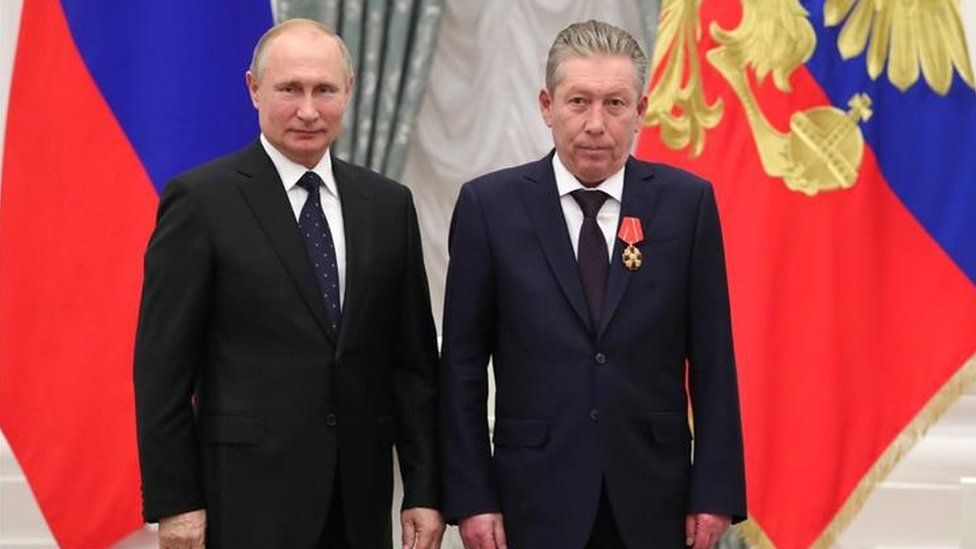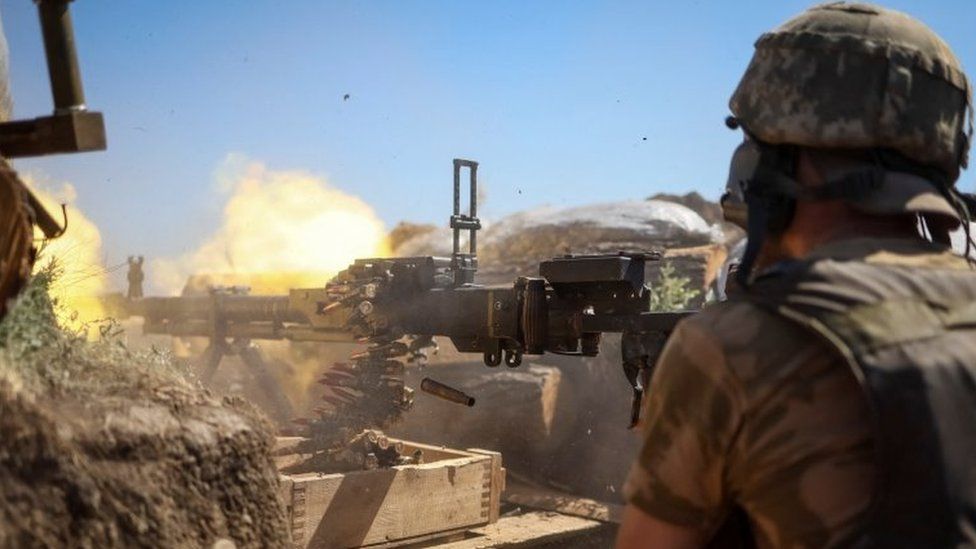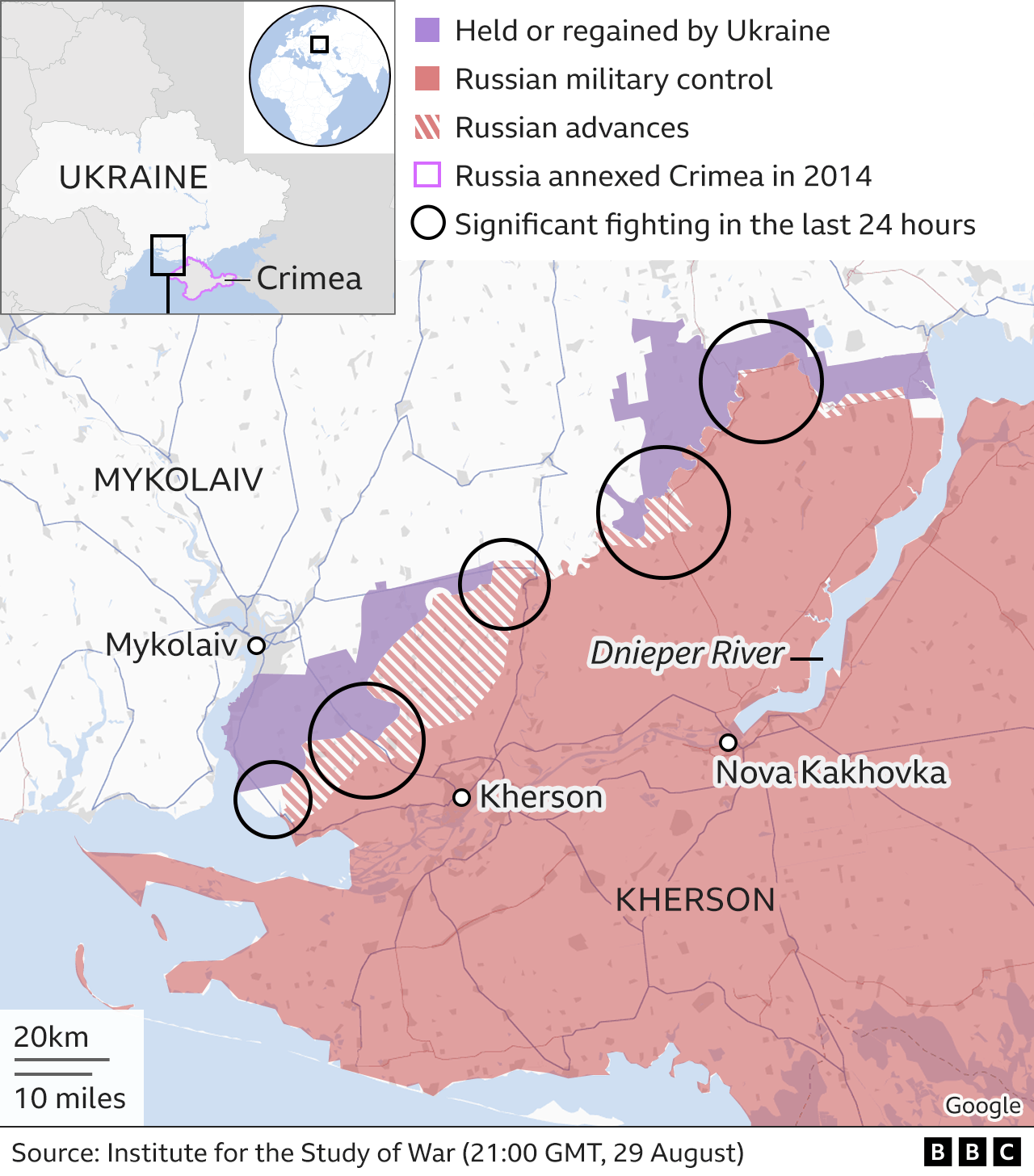Joe Biden has launched a frontal attack on the Republican party as a threat to US democracy because of its subservience to Donald Trump, as he portrayed the opposition as extremist ahead of November’s midterm elections.
In a primetime address on Thursday night outside Independence Hall in Philadelphia, the US president placed the defence of the rule of law and America’s institutions at the heart of his pitch to voters, saying they were being threatened by the former president and his political allies.
Biden directly referred to Trump’s “Make America Great Again” movement and its supporters as a menacing force in the country’s politics.
“There’s no question the Republican party today is dominated, driven and intimidated by Donald Trump and the MAGA Republicans — and that is a threat to this country,” Biden said against an ominous backdrop of dark red lighting with two US Marines standing guard.
“MAGA Republicans do not respect the constitution. They do not believe in the rule of law, they do not recognise the will of the people. They refuse to accept the results of a free election,” he said, adding that “too much of what’s happening in our country today is not normal”.
Biden’s combative criticism of Trump and Republicans beholden to the former president comes after the 79-year-old president vowed to unite the country after the 2020 election, and managed to strike a series of bipartisan deals with conservative lawmakers on infrastructure, gun control and chip subsidies during his first two years in office.
But it reflects growing alarm among Democrats that Trump’s grip on the Republican party has continued to grow. Many Republican lawmakers have embraced denial of the 2020 election results, played down the January 6 2021 assault on the US Capitol and attacked law enforcement such as the FBI for searching the former president’s Florida estate as part of a probe into his handling of classified documents.
“For a long time, we’ve reassured ourselves that American democracy is guaranteed. But it is not. We have to defend it. Protect it. Stand up for it. Each and every one of us,” Biden said.
The theme of the speech highlighted the extent to which the White House and many Democrats are pinning their hopes of retaining control of the House and Senate in the midterm elections by drawing sharp and increasingly clear contrasts with Trump and his Republican allies — a formula that worked for Biden in 2020. Many Trump-backed candidates have prevailed in Republican primary races and are now challenging Democrats for seats in Congress.
In May, Biden referred to the Republican party as the “most extreme political organisation” in recent US history, and last week said Trump’s allies and supporters had embraced “semi-fascism”.
Democrats have been trailing Republicans politically for most of the year, with Biden suffering low approval ratings on voter dissatisfaction with high inflation and soaring petrol prices.
But the party has recently regained some of its footing after the Supreme Court’s rollback of abortion rights, which has energised the Democratic base. Legislative accomplishments, including passage of Biden’s flagship climate, tax and healthcare bill and the fallout from the many legal challenges Trump is facing, particularly the probe into his handling of classified documents, have added to Democrats’ momentum.
Biden said: “MAGA forces are determined to take this country backwards. Backwards to an America where there is no right to choose, no right to privacy, no right to contraception, no right to marry who you love.”
Republicans reacted scathingly to the speech. “Instead of trying to bring our country together to solve the many problems he has created, President Biden has chosen to divide, demean, and disparage his fellow Americans — simply because they disagree with his policies,” Kevin McCarthy, the Republican leader in the House, wrote on Twitter.
But a Quinnipiac University poll released on Wednesday showed 67 per cent of Americans think the nation’s democracy is in “danger of collapse” — a 9 per cent jump compared with earlier this year — suggesting the issue resonates with many voters.
“Vote for me and prosperity, or Trump and fascism, is the starkest way of putting it — that’s the angle Biden is working on,” said Mark Rom, a political-science professor at Georgetown University. “It’s not just Trump’s maintenance of top secret documents, but it’s one thing after another with Trump, it’s this whole litany of things.”
“It is sort of a rare, bipartisan issue that Biden’s going to try to kind of leverage to see if he can use that against the Republicans,” said Miles Coleman of the University of Virginia’s centre for politics. “Really putting the focus on democracy is maybe one way that the Democrats are trying to convince voters to stick with the devil that they know.”
One risk for Biden in focusing on threats to democracy heading into the midterms is that it could appear to distract from bread-and-butter issues such as high prices, which Republicans are focusing on relentlessly in their campaign ads.
But Democrats believe that drawing sharper contrasts with Republicans has already had a positive effect on their electoral prospects. According to the Realclearpolitics.com average, the Republican lead in the generic congressional ballot, which was 2.5 percentage points six weeks ago, has been erased, and Democrats now have a slim 0.1 percentage point edge.







